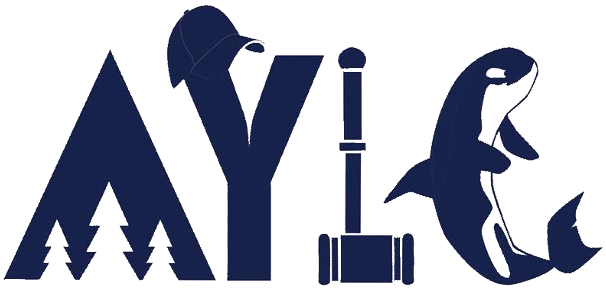Adoption
Adoption

What does it mean legally if I give up my child for adoption?
If you are a biological or other legal parent, and you give up a child for adoption, all your legal rights and responsibilities as a parent come to an end. The judicial process of adoption creates a new parent- child relationship with the adopting parent or parents. The adopting parents then have all legal, financial, and other responsibilities for the child. An adoption creates the same permanent parent-child relationship as if the adopter and adoptee were biological parent and child. This means there is no legal difference between an adopted child and a biological child of the adopting parent.
Who can adopt?
A husband and wife, an unmarried adult, and the unmarried parent of the person to be adopted can adopt. Under certain circumstances, a married person can even adopt without the other spouse. In Alaska, the most common adoptions are by other relatives, including step-parents who adopt step- children, or grandparents who adopt grandchildren.
Is adoption only for children?
No. An adult can adopt another adult as long as the person to be adopted is not married to the adopter.
Who must consent (agree) to an adoption?
Persons who must agree to an adoption include:
- the mother;
- any person lawfully entitled to custody;
- the spouse of a minor to be adopted;
- the father if he was married to the mother at conception or any time after conception, if he previously adopted the child, or if he said that the child is his;
- the spouse of a married adult to be adopted;
- the guardian or conservator of an incapacitated person to be adopted;
- the person to be adopted if he or she is ten years of age or older.
All agreements to be adopted must be in writing and must be witnessed and stamped to prove the documents are valid.
When are consents not required for an adoption?
An adoption can be completed without a parent’s agreement if the parent
- has abandoned the child for at least six months;
- has failed to keep in touch with the child for one year; or
- has failed to provide for the child’s care and support for one year.
If my girlfriend had a baby but I didn’t marry her or say the child is mine, is my consent to an adoption required?
No, your consent is not required.
If I agree to the adoption of my child, can I change my mind later and take back my agreement to an adoption?
You have ten days after agreeing to an adoption to change your mind and withdraw or take back your agreement. If you change your mind, you must say this in writing.
After the ten day period is over, you can only take back your agreement to an adoption with a judge’s permission after a court hearing. You will have to persuade the judge that withdrawing your consent to adoption is in the best interests of the child or other person to be adopted. This RARELY happens.
If I give up my child for adoption, will anyone investigate to see if the adopting parents are qualified?
There will be an investigation unless the adoption is by other family members, or is the adoption of an adult, or is an adoption in which the Alaska Department of Social Services has been involved. The court will appoint the person to do the investigation. Either the Department of Social Services or a specially trained person can do the investigation. When there is an investigation, the adoption will not be final until the investigation is completed.
If I agree to my child being adopted, do I have any rights to see my child?
Under Alaska law, visits between an adopted child and his or her biological parent are possible. But if your child’s adoptive parents agree that you can visit with your child, this agreement is valid only if it is mentioned in the adoption petition, the consent you sign, and the adoption decree.
Are adoption proceedings confidential?
Yes. The process is private. The proceedings are held in a closed courtroom and the court file is not available to the public.
Is the law different if the child to be adopted is Alaska Native?
Yes. For the adoption of an Alaska Native or a member of an Indian tribe, a federal law called the Indian Child Welfare Act (ICWA) must be followed. For an ICWA adoption, it is best to consult with an attorney experienced in ICWA issues.



